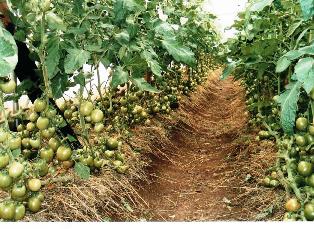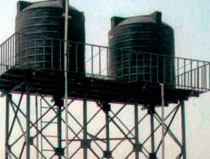Soil tests | Pathological soil testing | Water testing before planting under greenhouses
Very impressive results expected with the use of tested soils before greenhous es farming can be undertaken.
es farming can be undertaken.

.
We undertake soil fertility tests to dermine soil suitability in a given area as soils come in many forms. The need for a soil test to determine nutrients, composition, Nitrates, PH of the soil is very necessary. The soil fertility test takes a short time, say one week and the farmer can have their results.
After the soil fertility test is done, we go ahead with a soil pathological test to determine soil infections, Soils can be infected by diseases such as Nematodes, parasites, wilt diseses, fungi and bacteria.
We can also test the water in the soil to determine water suitability. We only test for irrigation water quality not bacteria in water. Tap water or chemicals can change the composition of the soil, and may need to be tested separately. An irrigation water quality test shows the level of soluble salts (salinity) and sodium in your water that may cause problems for your plants.
Kenyan farmers are reaping great harvests and significant profits from using greenhouse farming techniques. Kenya could start enjoying year-round supply of tomatoes, which currently get damaged during the wet seasons, pushing prices through the roof. Growing crops under greenhouses has many advantages, among them the ability to produce huge quantities on a small piece of land and continuous harvesting.
The tomatoes have a shelf-life of 21 days compared with 14 for those grown in the open. It takes a shorter period, two months for greenhouse-produced tomatoes to mature, while it takes a minimum of three months with outdoor farming.










